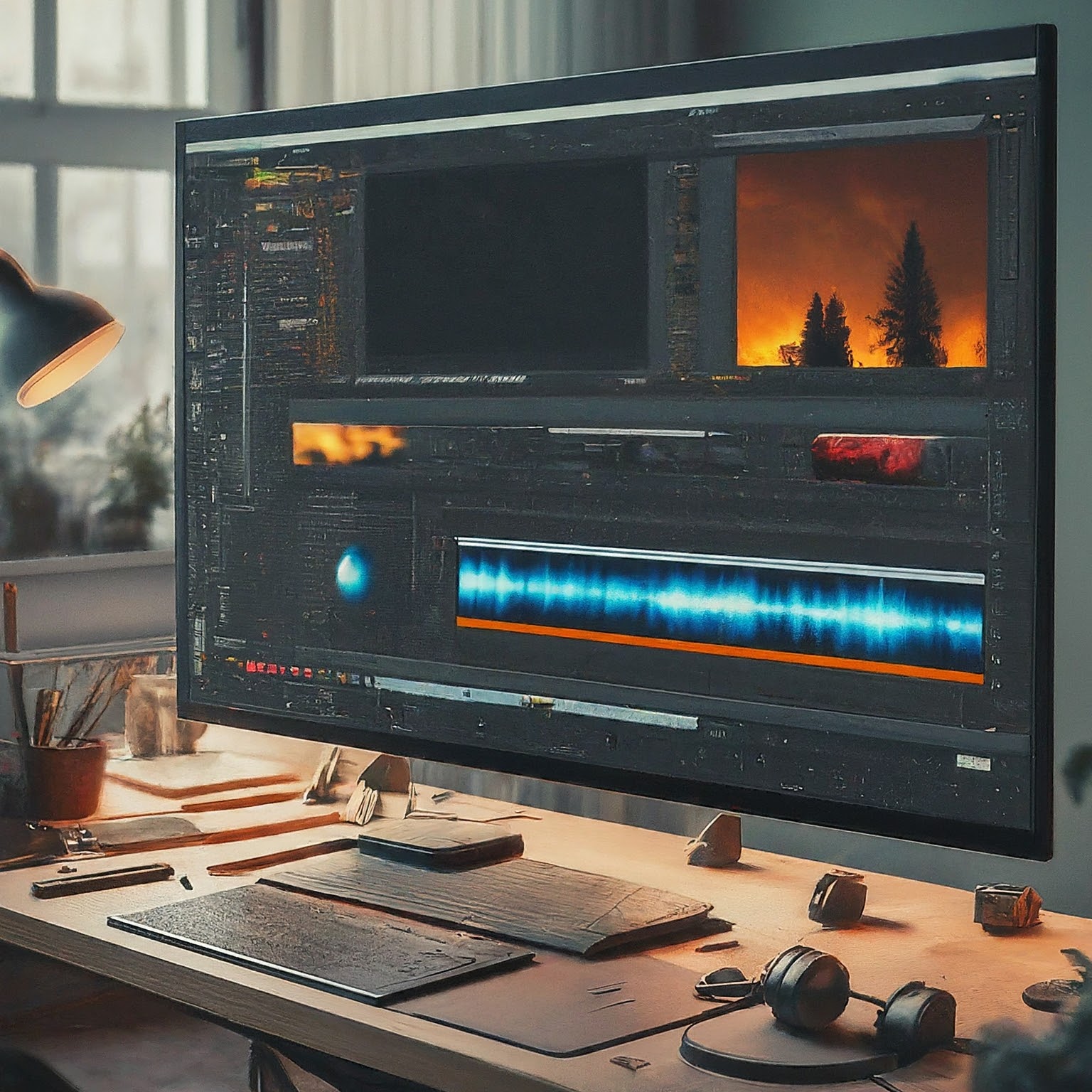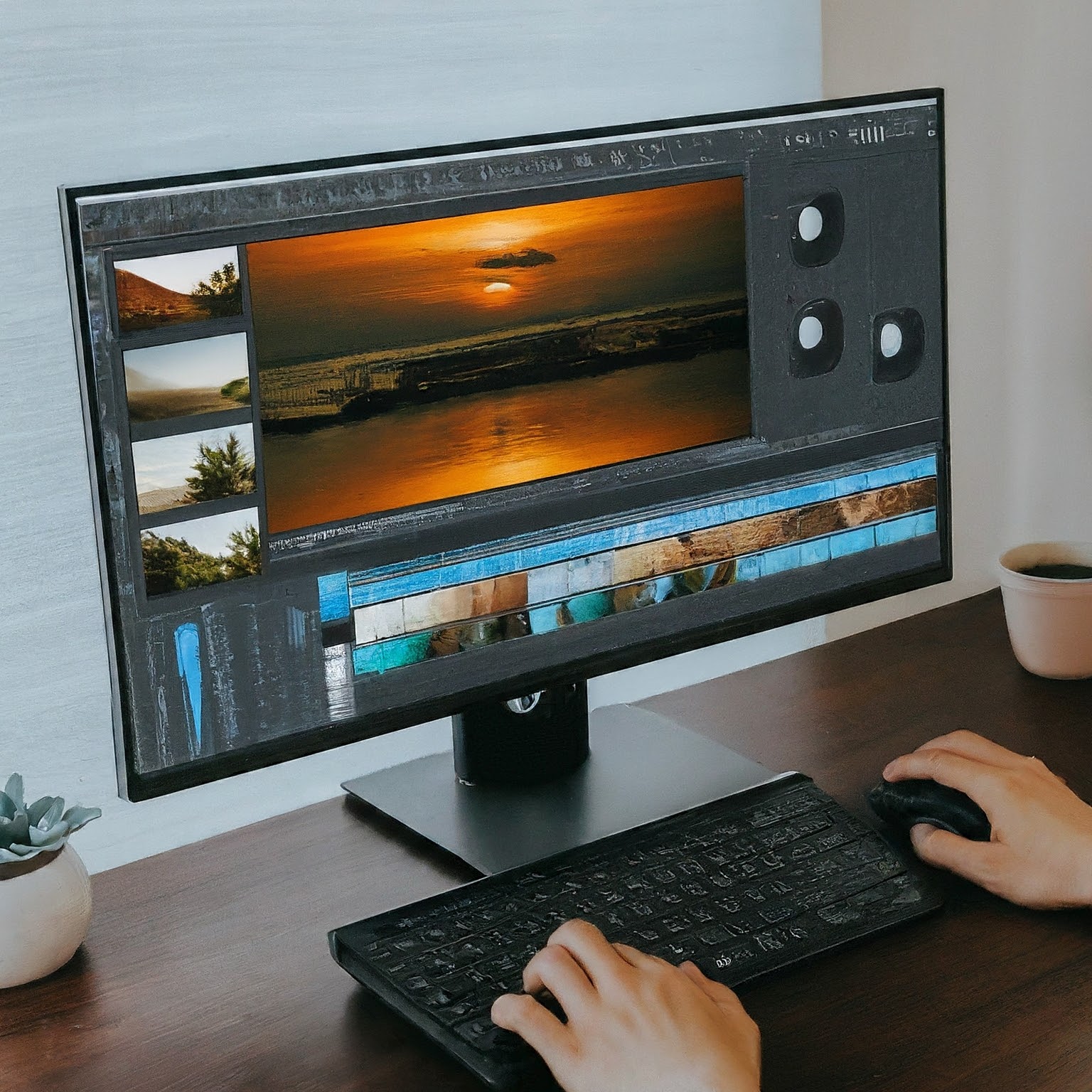Video editing is like an art. This art can present some real video footage in an amazing and cinematic way. This editing is a passion for some professionals. Nowadays, 75% of people in the world have some interest in video editing but few take it up professionally.
Video editing skills are increasingly important for various reasons, both personal and professional. Here’s a detailed look at why mastering video editing can be so valuable:
1. Enhanced Communication:
Visual Storytelling: Video is a powerful medium for conveying messages and stories. Effective video editing allows you to piece together footage in a way that communicates your ideas clearly and compellingly.
Engagement: Well-edited videos tend to be more engaging and can hold the viewer’s attention better than raw footage. For instance, adding transitions, effects, and proper pacing can make a video more captivating.
Example: A corporate video edited to include professional graphics, smooth transitions, and clear voiceovers can better convey a company’s mission compared to a rough cut with inconsistent audio and visuals.
2. Professional Development:
Career Opportunities: Video editing skills are in high demand across many industries, including media, entertainment, marketing, and education. Proficiency in editing software such as Adobe Premiere Pro, Final Cut Pro, or DaVinci Resolve can open doors to various job opportunities.
Portfolio Building: For freelancers or those looking to work in creative fields, a strong portfolio showcasing your editing skills can be crucial. It helps potential clients or employers see the quality of your work and your ability to handle different types of projects.
Example: A portfolio with well-edited reels of music videos, short films, or promotional content can be a powerful tool in landing a job or freelance gig.
3. Content Creation:
Social Media: With the rise of social media platforms, creating engaging video content has become essential. Good video editing can help your content stand out in a crowded feed and attract more viewers or followers.
Branding: For businesses and personal brands, edited videos can enhance brand identity. Consistent style, tone, and quality in video content can help establish a recognizable and professional image.
Example: A travel vlogger who edits their videos to include dynamic transitions, background music, and color grading can create a more immersive and appealing viewing experience.
4. Educational and Training Materials:
Instructional Videos: In educational settings, well-edited videos can make learning more effective. Clear visuals, organized content, and professional editing can aid in the retention and understanding of complex information.
Corporate Training: Companies often use edited videos for training purposes. These videos can streamline complex processes and make learning more engaging and interactive.
Example: A tutorial on using software might include step-by-step instructions with clear annotations, screen captures, and voiceovers to help users grasp the material more effectively.

5. Creative Expression:
Artistic Outlet: Video editing is also a form of creative expression. It allows you to manipulate visuals and audio to create something unique, whether it’s a short film, music video, or a personal project.
Experimentation: With video editing, you can experiment with different styles, techniques, and narratives, pushing the boundaries of your creativity and technical skills.
Example: An artist might use video editing to create a music video that reflects their artistic vision, incorporating experimental techniques, visual effects, and creative storytelling.
6. Problem Solving and Adaptability:
Technical Challenges: Video editing often involves overcoming technical challenges such as syncing audio, correcting color issues, and dealing with footage that may not be perfect. Developing these skills can enhance your problem-solving abilities.
Adaptability: The ability to adapt and improve raw footage, and to work within various constraints, can be a valuable skill in many contexts. This includes working with limited resources or tight deadlines.
Example: Editing a series of interview clips to create a cohesive narrative requires careful consideration of audio quality, visual consistency, and storytelling flow, demonstrating adaptability and problem-solving skills.
Overall, Mastering video editing allows you to effectively harness the power of this medium, making your communications more impactful, your creative projects more polished, and your professional skill set more robust.
Tags: editing, Future of Video Editing, video, video editing, video editing skills, video editing software, Why Do You Need Video Editing Skills?, why video editing skills are important
